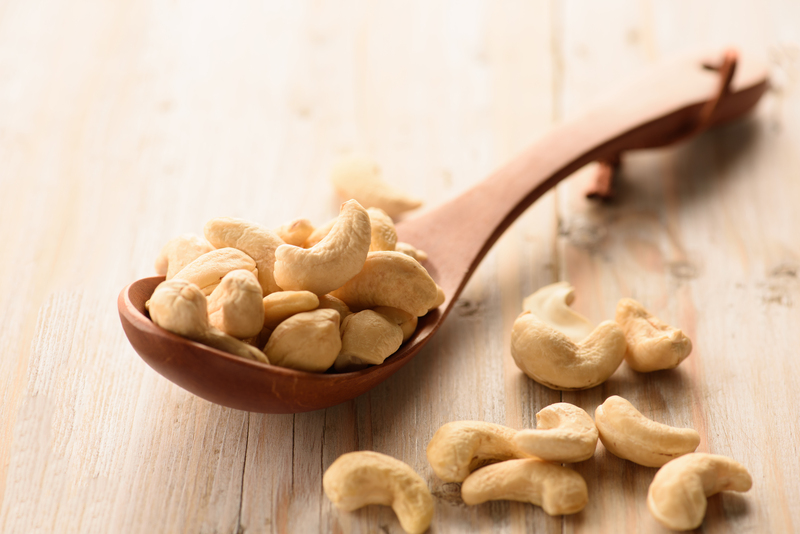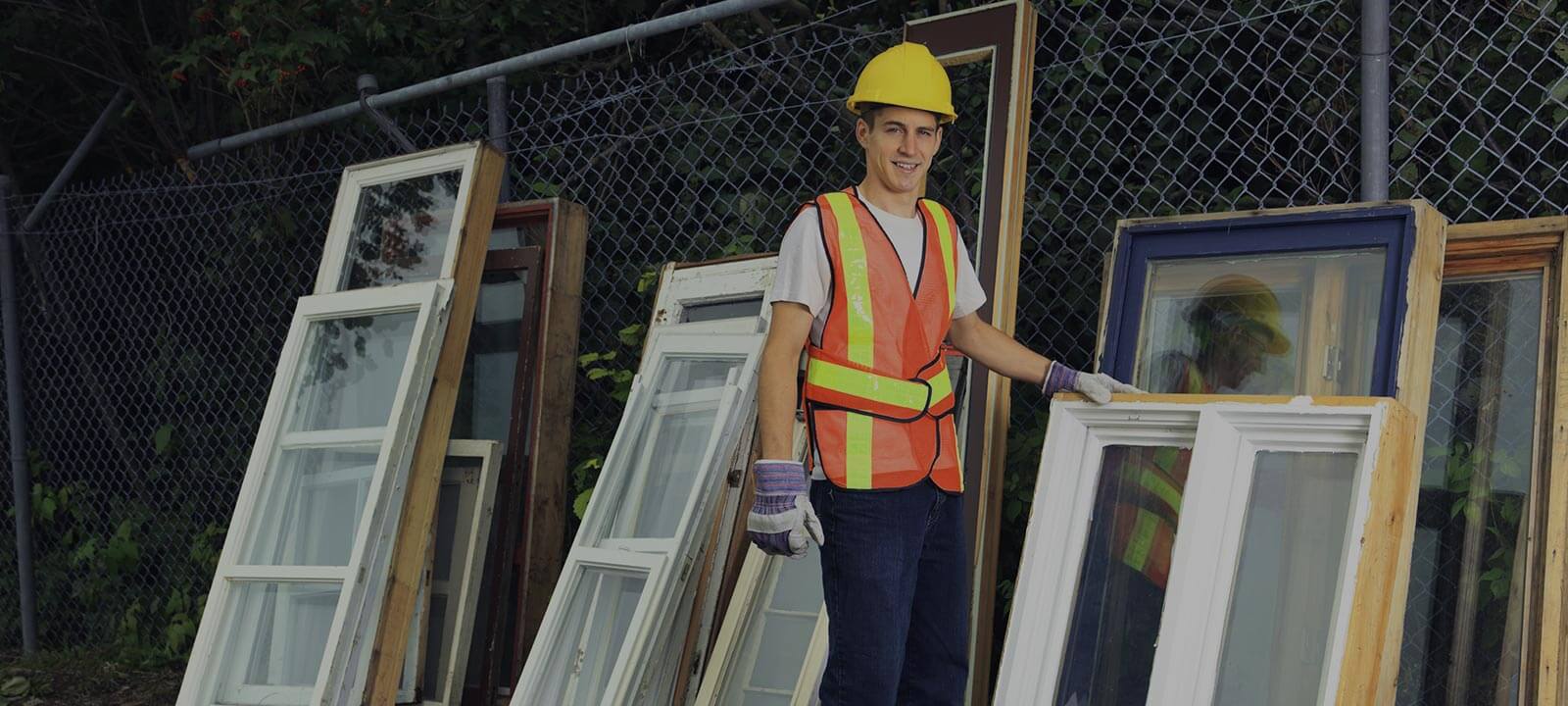Mastering the Art of Waste Sorting
Posted on 20/12/2024
Waste sorting is more than just a buzzword in the modern world; it's a crucial practice in managing waste sustainably. As household waste significantly contributes to environmental degradation, mastering the art of waste sorting is imperative. This article delves deep into the importance, methods, tips, and the pros and cons of waste sorting to help you become a waste sorting expert.
The Importance of Waste Sorting
Understanding the importance of waste sorting is the first step in mastering it. Waste sorting involves separating waste into discrete categories like recyclables, organics, and waste-to-energy, allowing for more effective recycling and reducing the strain on landfills. This process not only helps in conserving natural resources but also reduces pollution and greenhouse gas emissions.
Additionally, effective waste sorting can lead to substantial economic benefits. It can create job opportunities in the recycling and waste management sectors and save municipalities money by reducing the costs associated with landfill usage.

Types of Waste
Before diving into waste sorting techniques, it is essential to understand the different types of waste:
1. Recyclable Waste: Items that can be recycled to create new products. This includes paper, cardboard, glass, metals, and certain plastics.
2. Organic Waste: Biodegradable waste that can decompose naturally. Examples are food scraps, yard waste, and certain types of paper.
3. Hazardous Waste: Waste that poses substantial threats to public health or the environment. This includes batteries, chemicals, and electronic waste.
4. General Waste: Waste that does not fit into the other categories and typically ends up in landfills.
Effective Waste Sorting Techniques
To sort waste efficiently, follow these guidelines:
1. Educate Yourself and Household Members: Knowledge is power. Educate everyone in the household on the importance of waste sorting and the specifics of how to sort correctly.
2. Use Clear, Labeled Bins: Invest in multiple bins and clearly label them for recyclables, organic waste, and general waste. This makes the sorting process straightforward.
3. Research Local Guidelines: Sorting rules can vary widely depending on your locality. Check local guidelines for accurate sorting practices.
Tips for Better Waste Sorting
1. Rinse Recyclables: Clean any food residue off recyclables before placing them in the bin. Contaminated recyclables can spoil an entire batch.
2. Avoid Plastic Bags: Recyclables should not be placed in plastic bags as they may not be recyclable in all facilities.
3. Compost Organic Waste: Set up a compost bin for biodegradable waste. This practice can enrich soil quality and reduce reliance on chemical fertilizers.
4. Stay Informed: Continuous learning about materials that can be recycled or disposed of sustainably is crucial. Technological advancements frequently update the recycle potential of various waste types.
Pros and Cons of Waste Sorting
Pros:
- Environmental Protection: Reduces landfill waste and pollution.
- Resource Conservation: Enables the recycling of valuable materials.
- Economic Benefits: Can create jobs and reduce municipal costs.
- Public Health: Minimizes hazardous waste exposure.
Cons:
- Time-Consuming: Requires effort and dedication.
- Need for Education: Requires consistent public awareness and education.
- Initial Costs: Might involve costs related to bins and composting setups.

Key Takeaways
- Waste sorting helps protect the environment, conserve resources, and can be economically beneficial.
- Understanding local guidelines and educating household members ensures more efficient waste sorting.
- Proper waste sorting practices, like rinsing recyclables and composting organic waste, can significantly improve outcomes.
Conclusion
Mastering the art of waste sorting is a vital skill in today's environmentally conscious world. While it may require some initial effort and education, the long-term benefits far outweigh the drawbacks. By incorporating proper waste sorting techniques, tips, and understanding its importance, we can all contribute to a healthier planet and a more sustainable future. Whether you are just starting or looking to refine your waste sorting skills, every step taken towards better waste management is a step towards a sustainable world.










